On October 8, the Korean People's Army (KPA), the military of North Korea, began reportedly transporting North Korean soldiers to the Russian city of Vladivostok, beginning a new stage of North Korean support for Russia's war in Ukraine. By the 13th, an estimated 1,500 North Korean special forces had arrived in Vladivostok, where the Russian military equipped them with Russian uniforms and IDs to allow them to blend in on the frontlines. On October 16th, South Korean President Yoon Suk Yeol convened an emergency security meeting due to reports that North Korea plans to send a total of 12,000 troops to assist Russia in Ukraine. This marks North Korea's first major international troop deployment since the Korean War and has critical implications for the world stage.
Growing Cooperation
North Korea has long been supportive of Russia's war in Ukraine. In August of 2023, they provided Russia with 13,000 containers of military equipment, including artillery shells, missiles, and anti-tank rockets. Initially, world leaders such as the U.S. and South Korea condemned this behavior due to the unjust nature of Putin's war and the dangerous potential of a strong Russo-North Korean relationship.
In June of this year, these concerns gained real traction. North Korean President Kim Jong-Un ratified a defense pact with Putin, including many provisions to expand the relationship between the two states. The pact most notably includes a mutual defense agreement, obligating either party to protect the other in the event of an attack on their soil. The pact also includes sections to enhance cooperation in space exploration and nuclear energy. This again drew backlash from the international community as all U.N. members, including Russia, are prohibited from providing any kind of assistance to North Korea's nuclear and space programs.
The Deployment
International worries regarding Kim's and Putin's relationship have since massively increased due to North Korea's troop deployment. At an emergency security meeting on Wednesday, Yoon referred to the deployment as a "grave security threat," both to South Korea and the world as a whole. Ukrainian President Volodymyr Zelenskyy warned that the action could escalate the conflict into an even larger war.
Importantly, the United States has refused to confirm the occurrence, as have North Korean and Russian Officials. Although it remains unconfirmed by those closest to the matter, the South Korean National Intelligence Service has officially endorsed the reports as accurate. North Korea's military operations are famously secretive and international watchdogs rarely have access to their operational decisions.
Implications for the Future
It is presently unclear what North Korea's alleged deployment means for the future of the conflict. In recent months, Ukrainian forces have seen success in taking over parts of the Kursk region, which was under Russian control before the war started. Recent reports indicate that Ukraine controls at least 1,200 square kilometers of formerly Russian territory. The deployment of allied troops could allow Russia to reclaim parts of this area, allowing them to ramp up their incursions into other regions like Kharkiv, Luhansk, and Donetsk.
The advancement of Russo-North Korean relations also has broader global implications. Since the beginning of the war, international actors like the United Nations and the European Union have attempted to isolate Russia from receiving international assistance, partially leading to their struggles in the war. Over the last 2 years, Russia has experienced a mass emigration leading to a pressing birthrate crisis, as well as massive economic downturns due to sanctions. North Korea is in a similar position; for decades, the international community has isolated the state from any meaningful support. Since both states have little to lose on the world stage, there is an opportunity for a mutually beneficial relationship.
This is bad news for the rest of the world. For years, countries have been searching for new ways to use leverage to change the behavior of both nations. It seems now that the world may be out of bargaining chips.



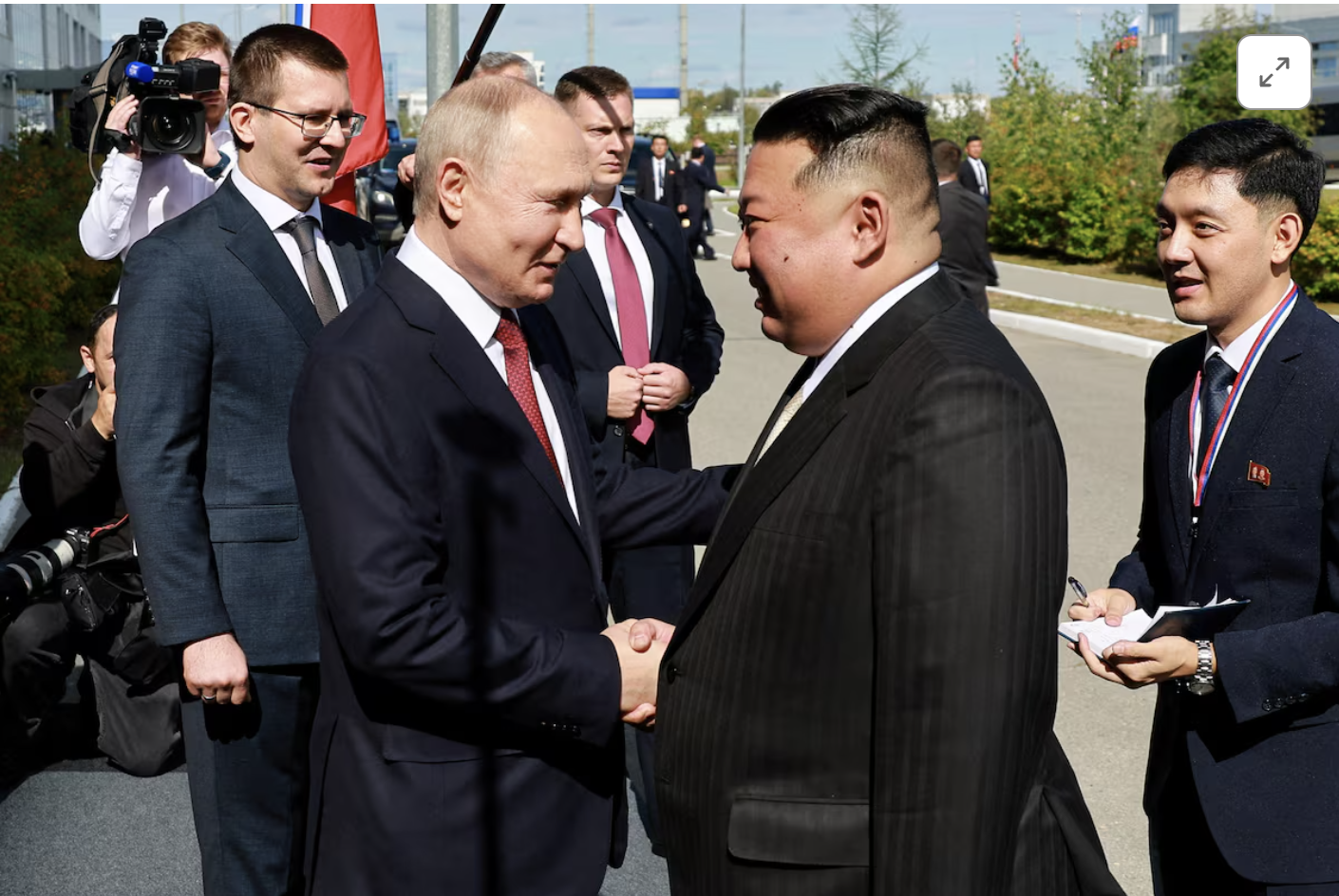
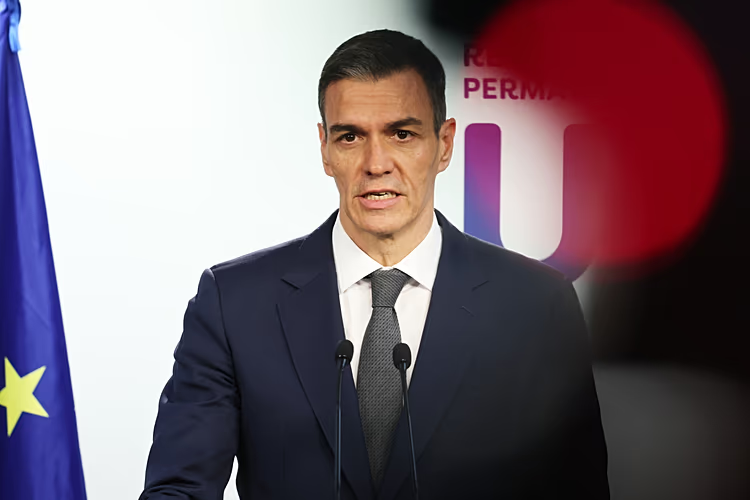

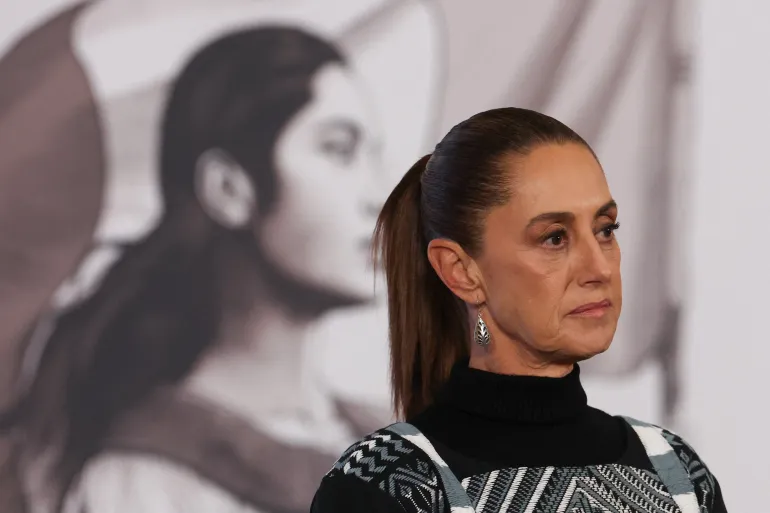
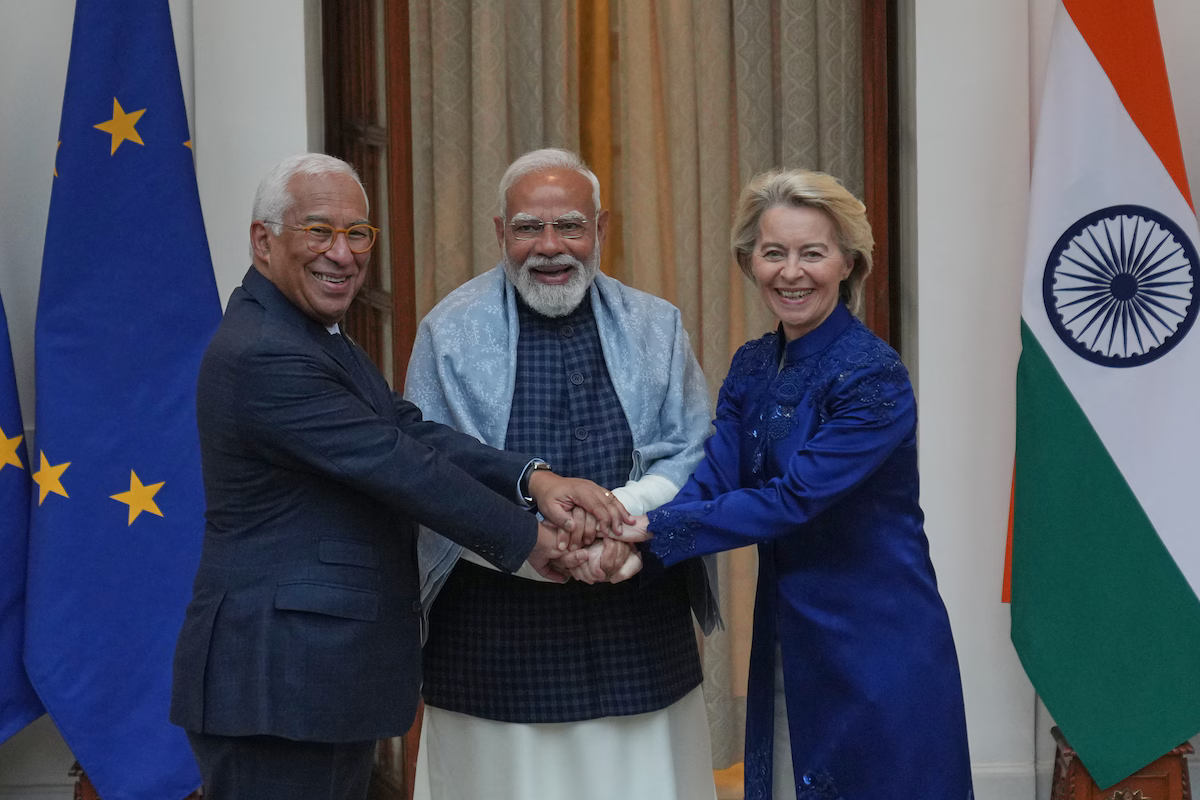
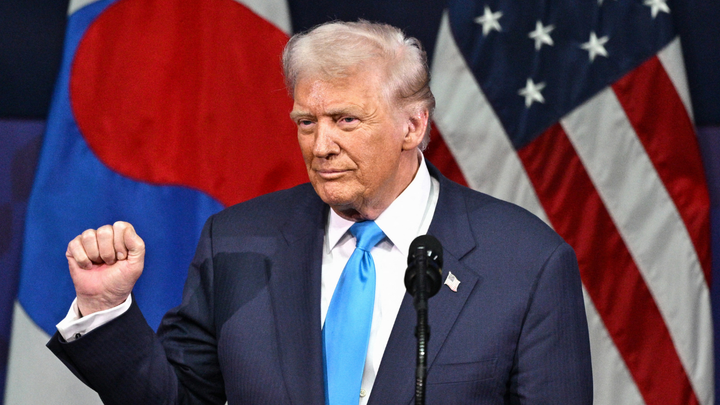
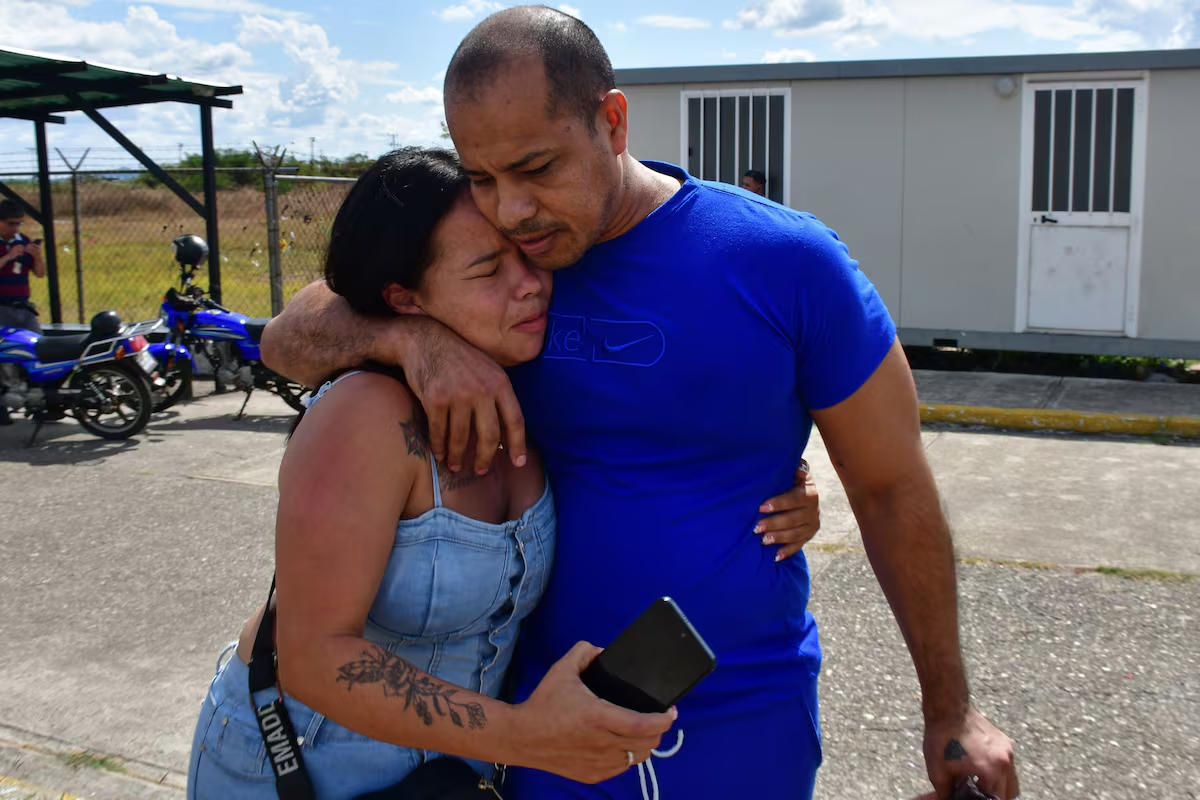
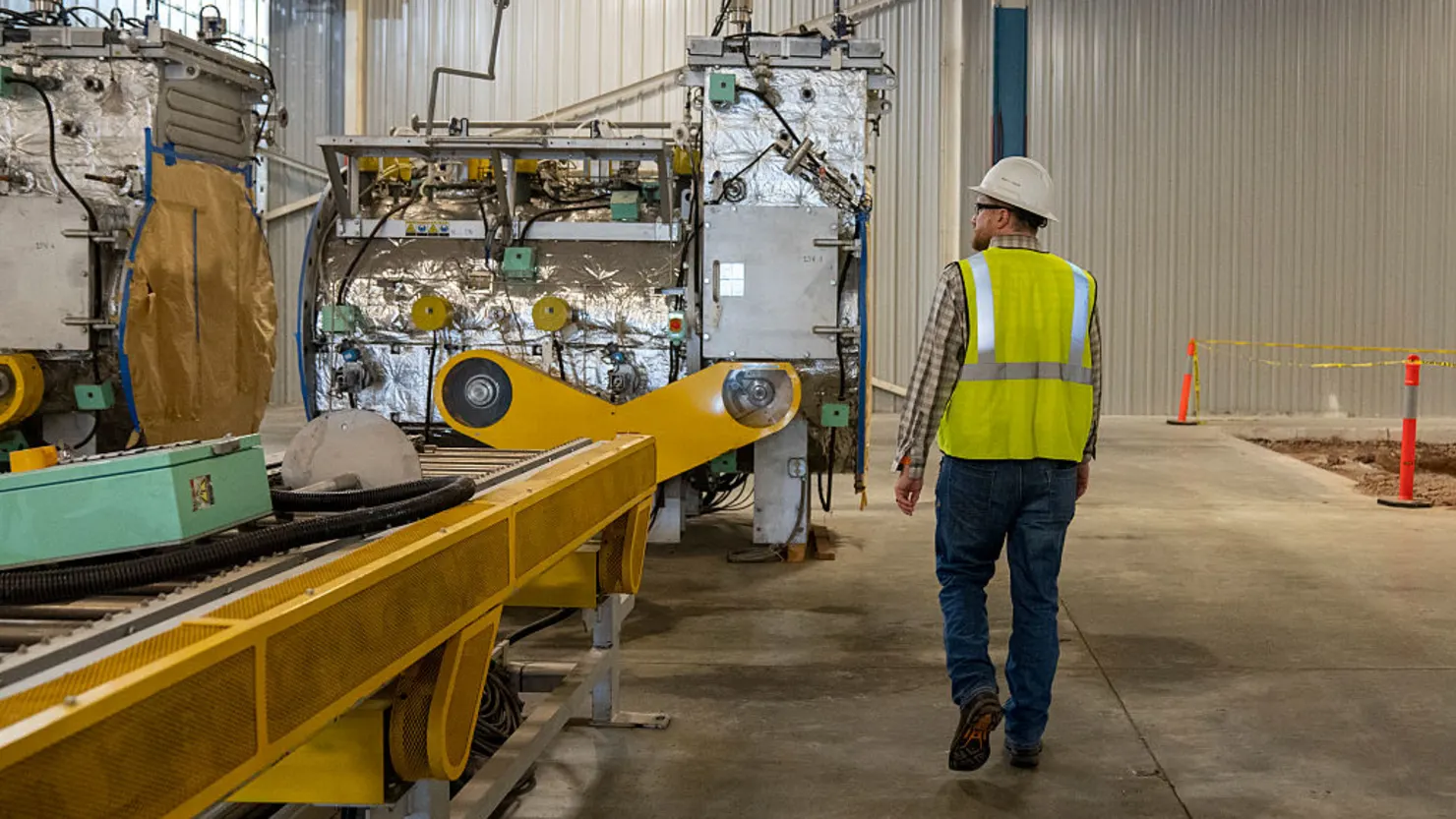
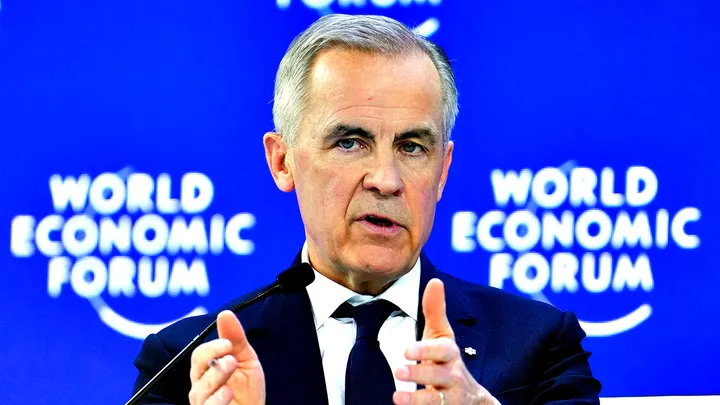
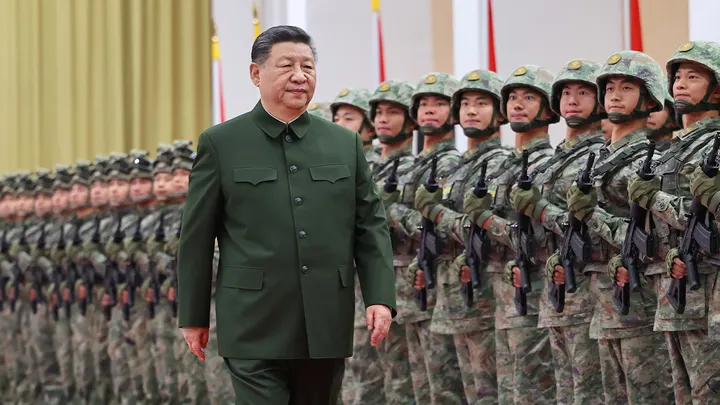
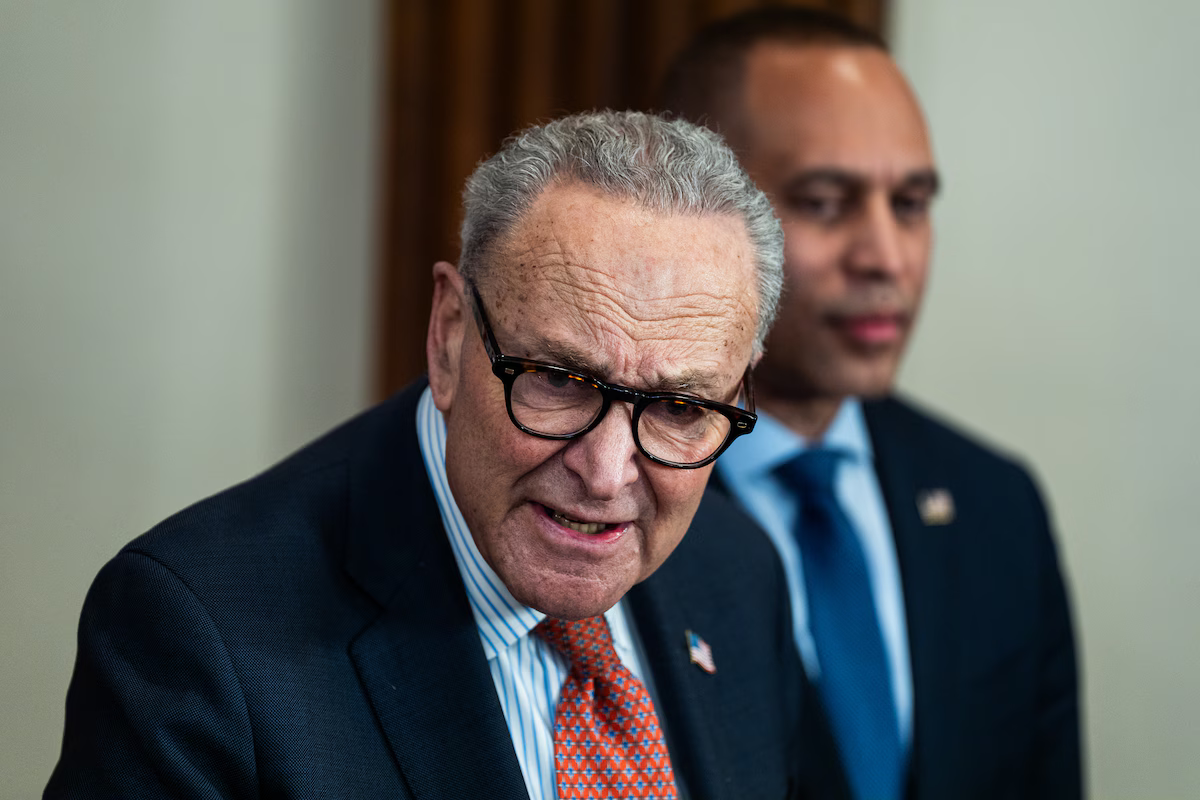
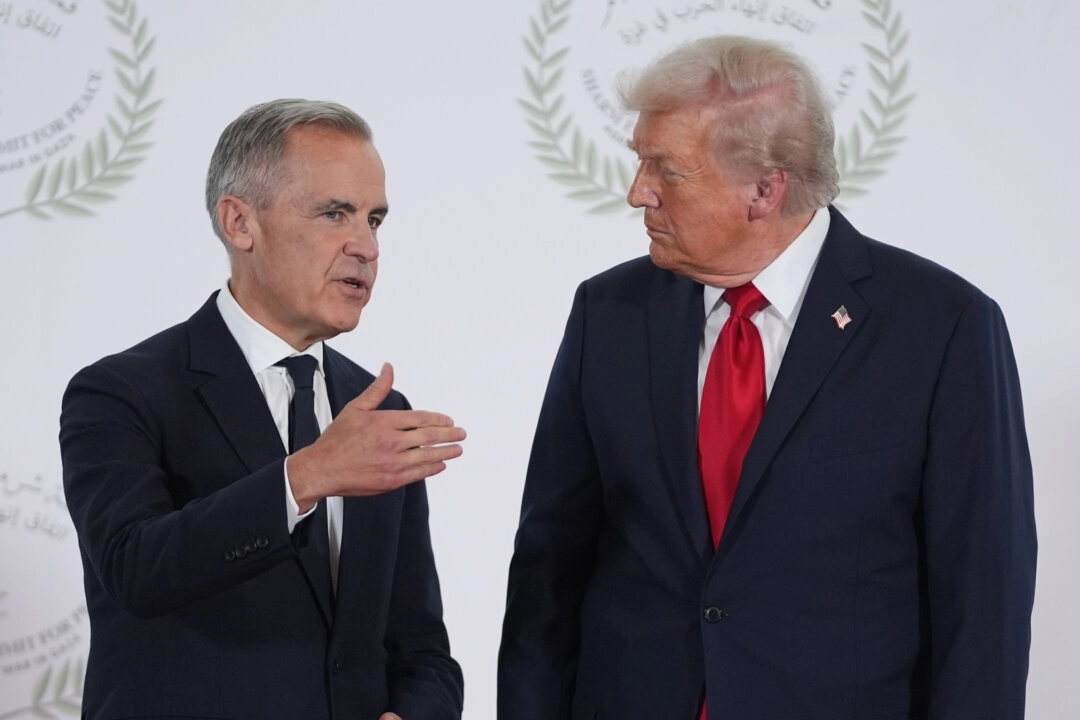
Discussion